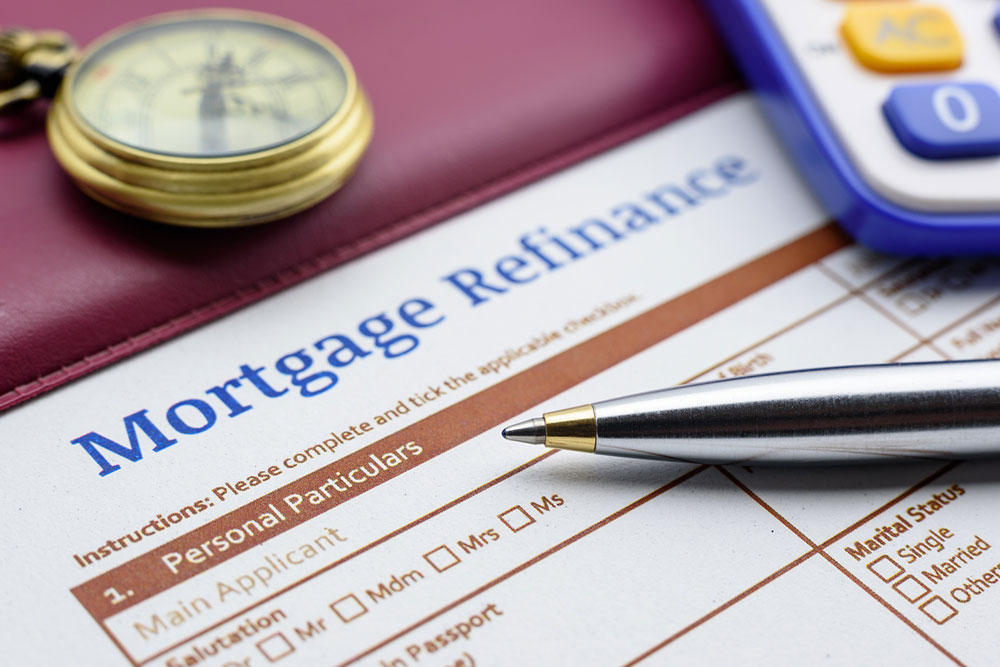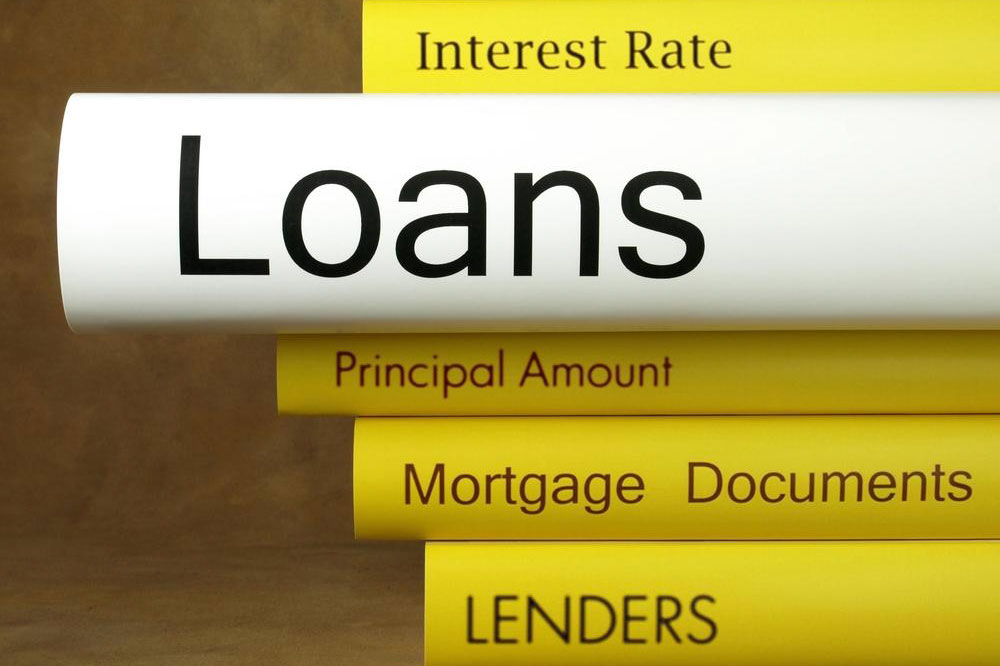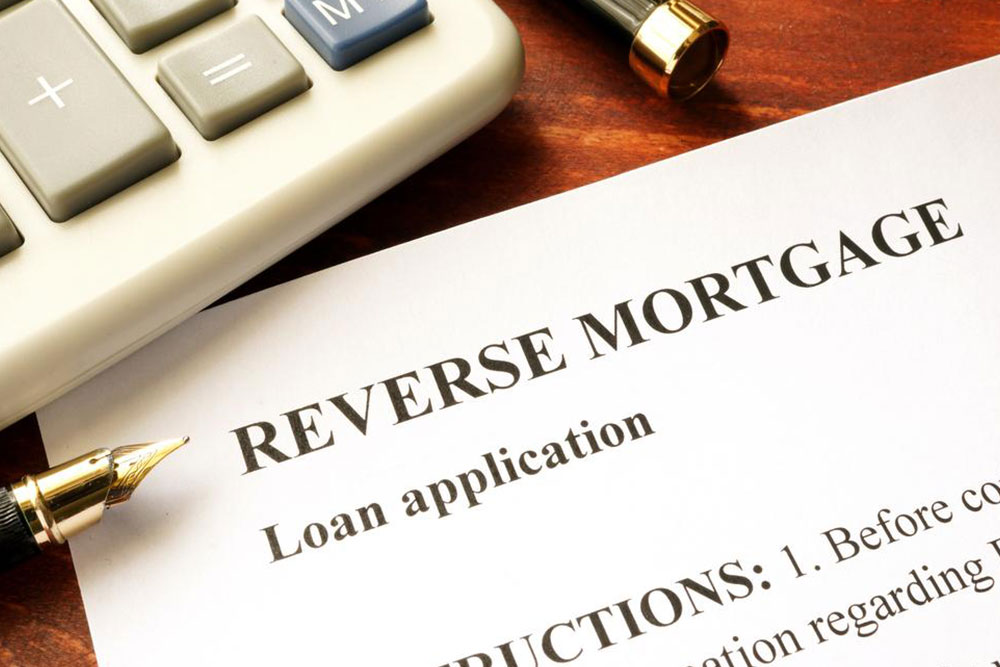Comprehensive Guide to Cash-Out Refinancing: Pros and Cons
Cash-out refinancing allows homeowners to unlock their home's equity for cash, often used for renovations or debt repayment. While it offers benefits like lower interest rates and tax deductions, it also involves risks such as higher costs and foreclosure. This comprehensive guide highlights the key advantages and disadvantages, helping homeowners make informed financial decisions. Carefully evaluating personal circumstances and consulting with financial experts can ensure this tool works effectively for achieving long-term financial goals.

Understanding the Advantages and Disadvantages of Cash-Out Refinancing
Cash-out refinancing has become a popular financial strategy for homeowners seeking to access the equity accumulated in their property. This process involves replacing your existing mortgage with a new, larger loan, wherein the difference between the old and new mortgage is paid out to you in cash. While this approach offers several benefits, it also carries potential risks that homeowners must consider carefully before proceeding.
In essence, a cash-out refinance enables homeowners to unlock the value of their home’s equity for various financial needs, such as funding major renovations, paying off high-interest debts, or investing elsewhere. Borrowers can typically access up to 85-90% of their home’s appraised value, depending on lender policies and individual circumstances. The process involves refinancing the current mortgage, which means paying off the existing loan and replacing it with a new one that often has different terms.
This financial tool has gained popularity due to its flexibility and potential cost savings. For example, mortgage interest rates on cash-out refinances are often lower than unsecured personal loans or credit cards, making it an attractive option for debt consolidation or major purchases. Additionally, the mortgage interest on a cash-out refinance may be tax-deductible, providing further financial advantages to homeowners who meet certain criteria.
However, it is important to recognize that cash-out refinancing also involves certain drawbacks. For instance, the total closing costs can be higher than traditional refinancing, adding to the initial expenses. Moreover, because the new mortgage is larger than the previous one, monthly payments may increase unless carefully managed. Borrowers should also be aware of the property risks involved; if they fail to keep up with payments, they could face foreclosure, resulting in the loss of their home.
Another consideration is the impact on credit scores. While reducing credit utilization can improve credit health, taking on more debt might temporarily lower credit scores during the refinancing process. Plus, if homeowners repeatedly refinance or borrow against their home equity without a clear repayment plan, they risk spiraling into excessive debt, which can be difficult to manage over time.
It's also worth noting that there are specific tax implications. Mortgage interest paid on a cash-out refinance is generally tax-deductible if the loan proceeds are used to buy, build, or improve the home. Conversely, if funds are used for other purposes, such as investments or paying off unrelated debts, the tax differentiations may no longer apply.
In conclusion, cash-out refinancing can serve as a powerful financial tool for homeowners when used responsibly. It provides access to significant funds that can be used for various financial goals, often at favorable interest rates. Nonetheless, prospective borrowers must weigh the benefits against the risks, including higher costs, increased debt levels, and potential foreclosure consequences. Consulting with financial advisors and thoroughly assessing personal financial situations is essential before embarking on a cash-out refinance.





